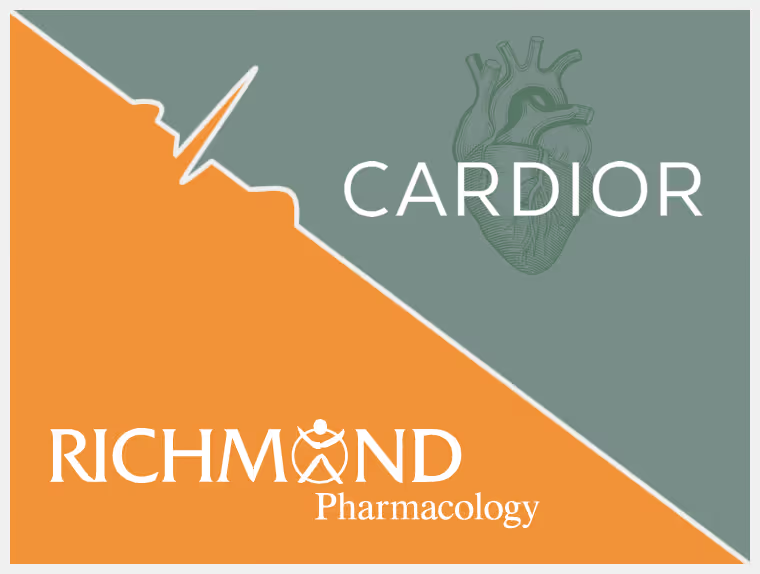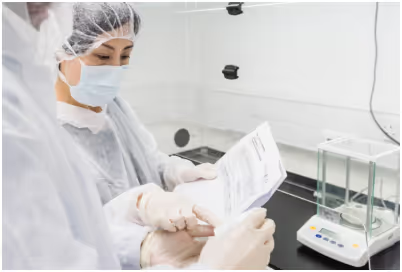The development of the drug for patients with cardiovascular diseases, is an antisense oligonucleotide (ASO) inhibiting the non-coding microRNA-132 (miR132) that directly regulates adverse cardiac remodelling.
Richmond Pharmacology’s CEO, Jorg Taubel M.D. commented "We are pleased to be working alongside Cardior Pharmaceuticals to conduct the first-in-human studies for this pioneering treatment. The benefit of conducting the first in human study in the target population is great. The drug development time may be reduced, improving efficiencies, and potentially enabling patients to access the medication faster."
A summary of the study was published in the European Heart Journal
Cardior’s therapeutic approach is using distinctive ncRNA signatures driving the molecular reprogramming that causes maladaptive remodelling and heart failure. Drug candidates developed by Cardior represent first-in-class ncRNA therapeutics and diagnostics for patients with myocardial infarction and various forms of heart failure.
The study was designed to assess safety, pharmacokinetic (PK) and pharmacodynamic (PD) properties of CDR132L in patients with stable heart failure (HF) of ischemic origin (NYHA 1-3).
Richmond Pharmacology supported the German based biopharmaceutical company with the operation of the first-in-human stage of the study. This was the first trial of an ASO inhibiting a miRNA performed in heart failure patients. Since novel generation ASOs are widely considered as safe treatment due to the high target selectivity and a well-established PK, this first-in-human study was performed straight in heart failure patients, as advised in meetings with regulators, rather than healthy volunteers. In the trial, CDR132L met all endpoints and showed excellent tolerability and safety.
Claudia Ulbrich, CEO Of Cardior stated “We are very pleased with the outcome of our clinical study, the first-ever trial of an oligonucleotide-based drug in heart failure patients,” she continued “These encouraging results are an excellent basis for starting Phase II studies in subacute and chronic heart failure patients. The outcome of this trial also underlines the potential of RNA-based therapies as a causal approach to treat complex diseases.”
Richmond Pharmacology has demonstrable experience recruiting large cohorts of patients to Phase I, II and III trials. This reduces the need to run multi-centre studies providing significant savings in time and cost.
















.avif)
